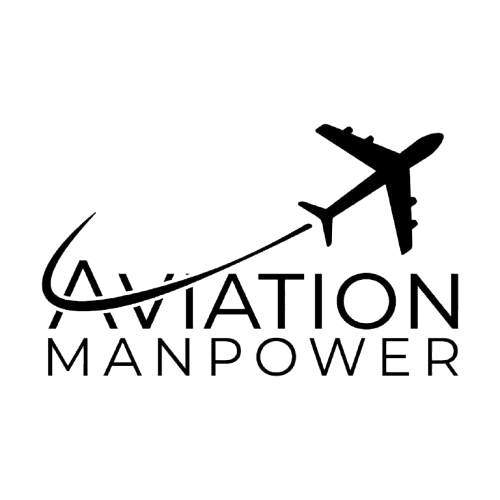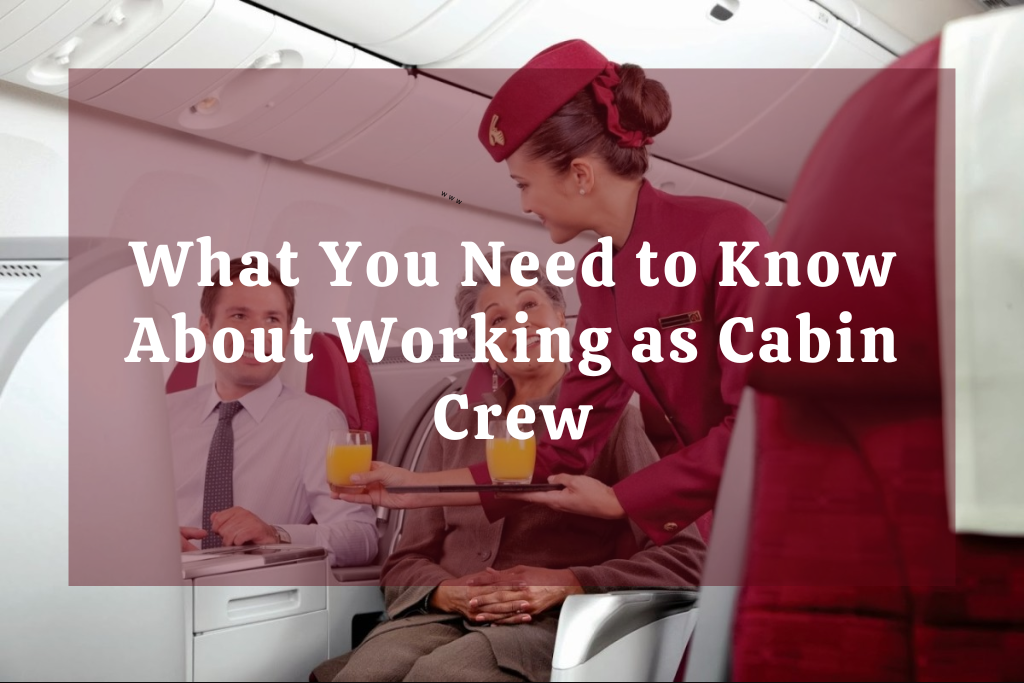Introduction:
Working as cabin crew is a dream job for many who are passionate about travel, hospitality, and aviation. It combines the excitement of flying around the world with the responsibility of ensuring passenger comfort and safety. But behind the glamour lies a demanding and multifaceted role that requires a unique set of skills, resilience, and adaptability.
For those interested in pursuing this career path, understanding what it takes to succeed is crucial. Aviation recruiters and aviation job recruitment agencies receive countless applications for cabin crew positions, so standing out means knowing both the realities and expectations of the job.
This blog will guide you through the essential facts about working as cabin crew: the daily routine, required skills, challenges, career progression, and how to prepare yourself to meet industry demands. Additionally, we’ll touch on related aviation roles and evolving trends that may shape your career in the coming years.
If you’re considering becoming part of the sky-bound team that ensures safe and enjoyable flights, this guide is your go-to resource.
What Does a Cabin Crew Member Do?
The primary role of cabin crew members, also known as flight attendants, is to ensure the safety and comfort of passengers during flights. However, their responsibilities go far beyond serving meals or assisting with luggage.
Key Duties Include:
- Conducting safety demonstrations and ensuring compliance with safety regulations.
- Responding promptly and efficiently to passenger needs and medical emergencies.
- Handling security protocols and managing potentially difficult situations.
- Coordinating with the cockpit and ground staff to maintain smooth operations.
- Providing excellent customer service and managing passenger expectations.
The job demands a strong focus on safety, as well as an ability to remain calm and professional during stressful situations.
Essential Skills to Succeed as Cabin Crew
While technical knowledge about safety and emergency procedures is crucial, aviation recruiters often emphasize soft skills and personal attributes when selecting cabin crew candidates. Here are some of the most important skills:
1. Communication and Interpersonal Skills
Clear and courteous communication helps cabin crew members effectively interact with passengers and colleagues. Good listening skills and empathy are essential to handle a diverse range of passengers.
2. Adaptability and Flexibility
Flight schedules can change rapidly due to weather, technical issues, or operational needs. Cabin crew must adapt to varying work hours, destinations, and unexpected situations.
3. Teamwork
Working closely with other crew members and pilots requires collaboration and mutual support.
4. Problem-Solving and Crisis Management
From medical emergencies to disruptive passengers, cabin crew often have to think on their feet and act decisively.
5. Cultural Awareness
Cabin crew serve passengers from around the world, so sensitivity to different cultures and customs is vital.
Qualifications and Requirements
To become a cabin crew member, there are some general qualifications and standards that aviation job recruitment agencies and the best aviation recruitment agencies typically look for:
- Minimum age requirement, often 18 or 21 years old.
- Education: A High school diploma or equivalent is usually the baseline.
- Language skills: Proficiency in English is required; additional languages are a plus.
- Physical fitness and appearance: Must meet health standards and often certain height requirements.
- Customer service experience: Prior experience is advantageous.
- Certification: Cabin crew training certifications are mandatory and provided by airlines or aviation training organizations.
Before applying, make sure to check specific airline requirements as they can vary.
A Day in the Life of Cabin Crew
The cabin crew schedule is anything but typical. Shifts can start early in the morning or late at night, and long-haul flights may involve international layovers.
Typical daily activities might include:
- Pre-flight briefings are to review passenger needs and flight details.
- Conducting security checks onboard.
- Greet and seat passengers.
- Demonstrating safety procedures.
- Serving food and beverages.
- Handling medical or emergency incidents.
- Coordinating post-flight debriefings.
While the role offers the thrill of travel, it also requires stamina to manage long hours and sometimes uncomfortable working conditions.
Career Progression and Opportunities
Starting as cabin crew can open doors to various career paths in aviation. Many professionals move into roles such as:
- Senior cabin crew or purser.
- Cabin crew trainer.
- Flight operations or customer relations.
- Transition into other aviation roles such as commercial pilot (learn more about that in our blog on Life as a Commercial Pilot: Pros, Cons & Daily Routine).
Continuous training and professional development are crucial for advancement, and staying informed about industry changes can help you stay competitive.
How to Stand Out to Aviation Recruiters
With many candidates vying for cabin crew positions, standing out is essential. Here are some tips:
- Tailor your CV: Highlight relevant experience, language skills, and soft skills.
- Prepare for interviews: Be ready to demonstrate communication skills, problem-solving, and cultural sensitivity.
- Network: Attend career fairs, engage with recruitment agencies, and connect with current cabin crew professionals.
- Gain certifications: Airlines prefer candidates who have completed recognized training programs.
Aviation recruiters and the best aviation recruitment agencies look for candidates who demonstrate professionalism, enthusiasm, and a clear understanding of the role.
The Impact of Technology on Cabin Crew Roles
The aviation industry is changing rapidly with advances in AI and automation affecting many jobs, including cabin crew roles. While technology can automate some tasks, the human element—especially in customer service and emergencies—remains irreplaceable.
To keep pace, cabin crew members are increasingly required to be tech-savvy and adaptable, using new systems for communication, safety, and passenger management.
Explore more on this topic in our blog: How AI & Automation Are Changing Aviation Jobs.
Related Aviation Careers to Consider
If you’re interested in aviation but want to explore different roles, there are many exciting alternatives worth considering. Our post on Top 10 In-Demand Aviation Jobs & How to Qualify for Them provides a comprehensive overview of roles like pilots, air traffic controllers, engineers, and ground staff, complete with qualification tips.
Conclusion:
Working as cabin crew offers a unique blend of travel, service, and responsibility. It’s a career that requires more than a warm smile—it demands resilience, adaptability, strong communication, and a commitment to safety.
For those willing to embrace these challenges, the role offers rewarding experiences and opportunities to grow within the dynamic aviation industry. With the right skills and preparation, you can attract the attention of aviation recruiters and the best aviation recruitment agencies, positioning yourself for success.
Remember to keep building your skills, stay informed about industry trends, and explore your options across the sector. The skies are waiting!
FAQs
1. What qualities do aviation recruiters look for in cabin crew?
They prioritize communication, teamwork, adaptability, customer service skills, and a strong safety focus.
2. Do I need prior experience to become a cabin crew member?
While not always mandatory, customer service experience and relevant certifications improve your chances significantly.
3. What physical requirements are there for cabin crew jobs?
Health, fitness, and sometimes height requirements vary by airline; check specific job postings.
4. How do aviation recruitment agencies help cabin crew candidates?
They provide job listings, guide you through the application process, offer interview preparation, and connect you with airlines.
5. Can cabin crew transition into other aviation careers?
Absolutely! Many move into pilot training, operations management, or other aviation roles with additional qualifications.

